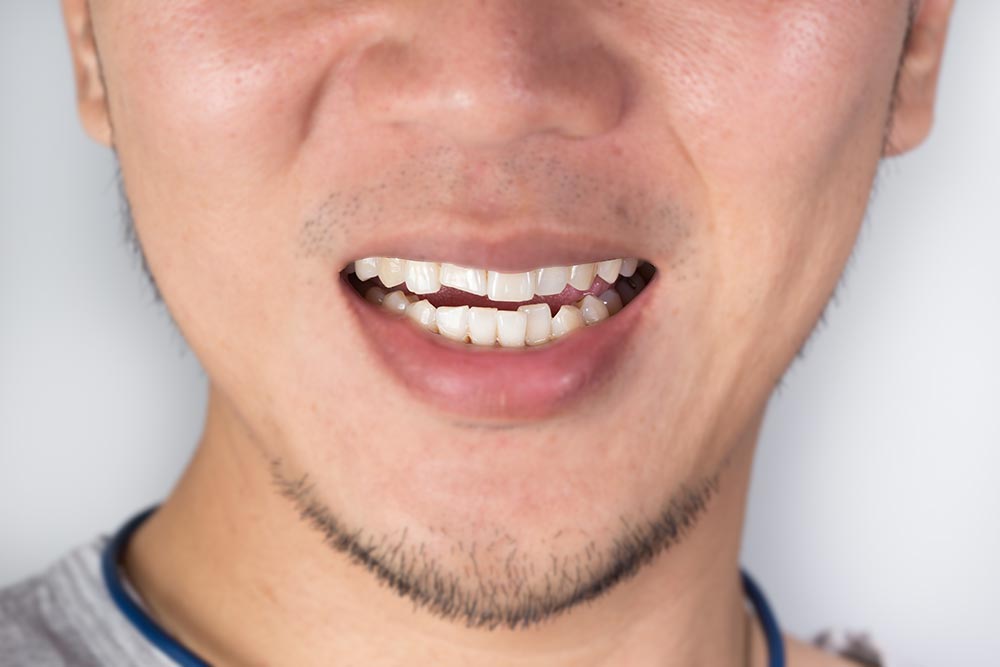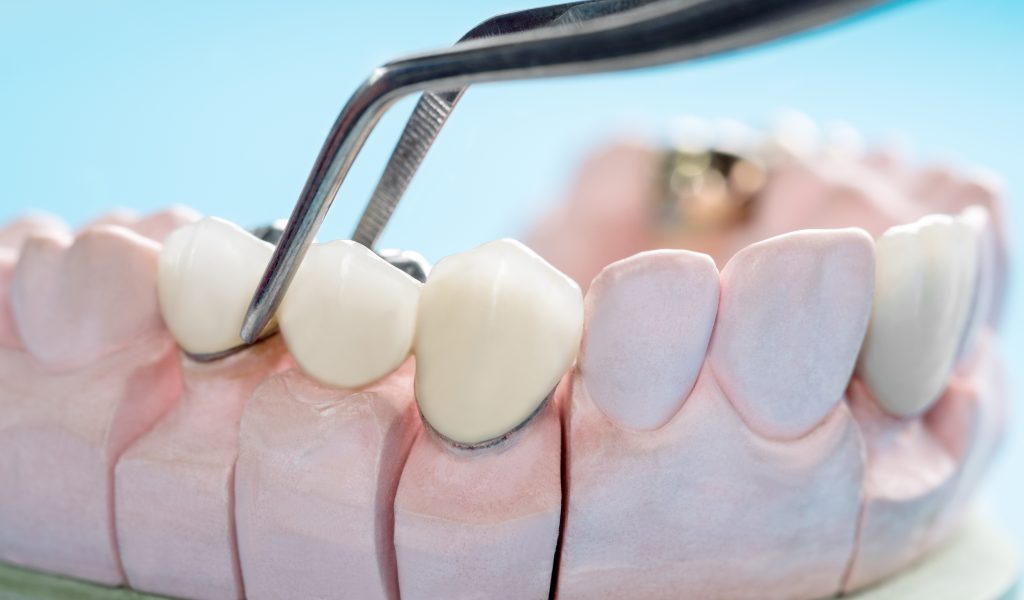Have you ever woken up from sleep due to unbearable toothache? Or, been hit by a ball that caused your tooth to come out? Toothache can be one of the most painful and uncomfortable experiences and disturbs your everyday life. It makes concentrating on anything almost impossible. However, a toothache is not the only form of dental emergencies that can happen. Dental emergencies can be anything that causes severe pain in the mouth, infections, non-stop bleeding, soft tissue injuries or even breaking your teeth or your jaw.
This blog has combined different dental emergencies and what you should do until you reach a Dental Clinic. If you happen to be suffering from any of the mentioned problems, you might need to rush to an emergency dentist.
Types of dental emergencies and their management in the interim

Girl with toothache
Toothache
Have you ever experienced a toothache? It can be one of the most disturbing experiences ever. Calling dental pain “unbearable” can be an understatement. One of the most common causes of toothache is untreated decay and damaged teeth. Sometimes, a toothache can be so excruciatingly painful that you just cannot wait for the dental office to open in the morning.
If your toothache is unbearable, worsens when you lay down and involves the entire jaw, it is a dental emergency and requires the immediate attention of a dentist. However, what if this toothache develops on holiday or at night when all the dental offices are closed? Well, if you find yourself in this unfortunate situation, here are some helpful tips for managing it until you have the chance to reach the dental clinic.
- First, you might want to rush to a nearby pharmacy and buy an over the counter painkiller. This may provide you with some relief.
- Apart from this, you can apply ice to the area from the outside. Cold compression will help with the pain and also reduce swelling if any.
- Warm salt water gargles are also known to help lower the pain.
However, remember that none of these will offer you a permanent solution; therefore, it is necessary to contact a dentist and schedule an emergency appointment before it progresses.

Fractured or broken tooth
People come to the dental clinic with fractured or broken tooth more often than you think. Teeth can be broken and, in some instances, even come out entirely from their socket. This can occur in children as well as adults.
Say your child is on the playground, having the time of their life on a swing, and then suddenly they fall off the swing, and you realise that their tooth has come out. This can even happen to us adults as a complication of a fall or road traffic accidents.
Well, what to do in this situation?
- First and foremost, call us at our dental clinic to schedule an urgent appointment.
- Search for the broken or dislodged tooth and put it in a container containing milk. Do not try to clean the tooth yourself.
- If you have any injuries to the gums and soft tissues, bite down gently on cotton or a piece of cloth.
Time is of the essence in such a situation because if you reach early, the chances of placing your tooth back into its socket are much higher, and you won’t end up losing your tooth.
Dental Abscess
Untreated dental caries and infections progress to form a dental abscess. This is basically a collection of pus near your tooth’s root. Dental abscesses lead to intense pain, which can be unbearable. You may also experience sensitivity to cold and hot foods and liquids. Dental abscesses can also cause fever. If not treated early, they can progress to involve the entire jaw and the neck, making breathing difficult. This is an emergency that, if not addressed promptly, can even cause death.
Therefore, if you notice any swelling on your gums or facial swelling with pain and noticeable decayed tooth, it is advised to make a dental appointment and get it treated quickly. Do not delay or ignore this as you end up doing a lot of harm.
Jaw Fracture
Jaw fractures can result from trauma to the face and need to be treated promptly by a dentist. The wounds have to be cleaned and bone brought back to their original place and fixed to prevent any permanent malformations.

Loose and Broken Dental Crowns
Dental crowns can become loose and even break under unusual heavy forces. Dental crowns are given to restore the shape, size, strength and function of the damaged teeth. This means, losing your dental crown predisposes your previously protected teeth to the external environment and chewing forces that it cannot successfully resist.
If your crown becomes loose and comes out, carefully save it and preserve it in a container. Ensure that you stay away from hard consistency foods like candies or nuts and avoid eating from the side from where you have lost the crown. Next, call a dentist to schedule an emergency appointment. They will examine the crown and the teeth and, if possible, recement the crown, and in cases of a broken crown, a new crown will have to be made. It is vital to replace a loose or broken crown as soon as possible to prevent any damage to the existing teeth.
If you find yourself in any of the above dental emergency situations, please do not ignore them and contact a dentist now. Many dental clinics have emergency numbers to help their patients in such a situation and solve their worries.

